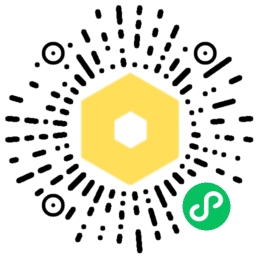【单选题】【消耗次数:1】
液压传动系统中的速度控制回路包括调节液压执行元件的速度的调速回路、使之获得快速运动的快速回路、快速运动和工作进给速度以及工作进给速度之间的速度换接回路。该说法( )
①
正确
②
错误
参考答案:

纠错
相关题目
【单选题】
容积调速回路通常有三种基本形式:变量泵和定量液压执行元件组成的容积调速回路;定量泵和变量马达组成的容积调速回路;变量泵和变量马达组成的容积调速回路。该说法( )
①
正确
②
错误
随机题目
【单选题】
By the time you graduate, we _____in Australia for one year.
①
will be staying
②
will have stayed
③
would have stayed
④
have stayed
【单选题】
If you want children to work hard you must _____their interests instead of their sense of duty.
①
appeal to
②
look into
③
give rise to
④
go in for
【单选题】
Classification is a useful _____to the organization of knowledge in any field.
①
means
②
approach
③
mode
④
manner
【单选题】
Although the main characters in the fiction are so true to life, they are certainly _____.
①
imagining
②
imaginative
③
imaginable
④
imaginary
【单选题】
I was to have a trip abroad if _____.
①
I had not been fired
②
I was not fired
③
my boss won’t have fired me
④
I were not fired
【单选题】
“If we fail to act now, “said Tom, “We’ll find ourselves _____in action later on.”
①
paid back
②
paid for
③
paid up
④
paid off
【单选题】
She resorted to _____ when she had no money to buy foods for her children.
①
have stolen
②
steal
③
stole
④
stealing

